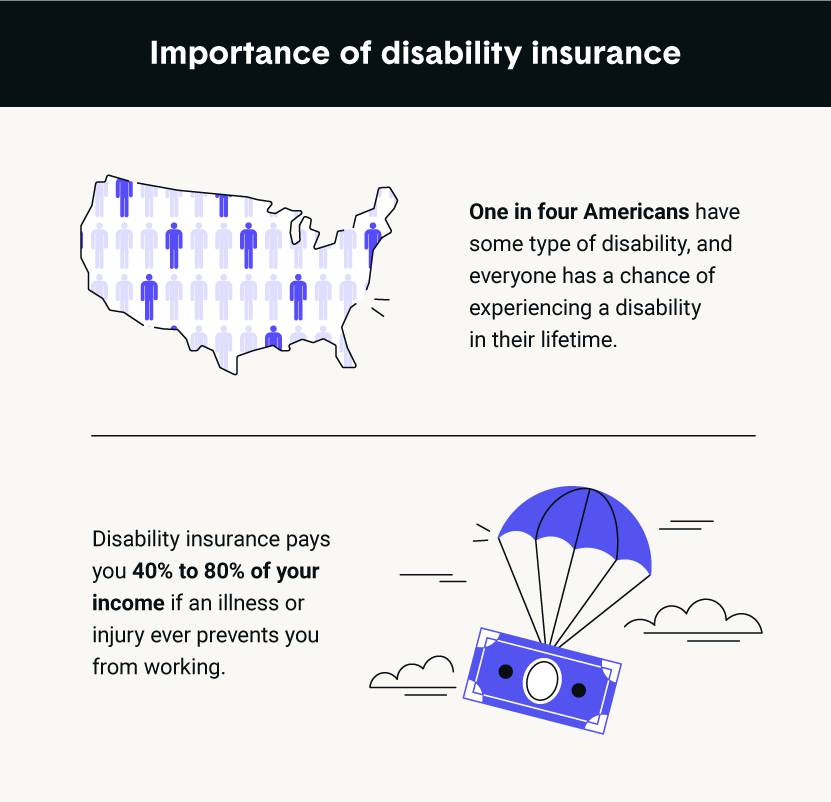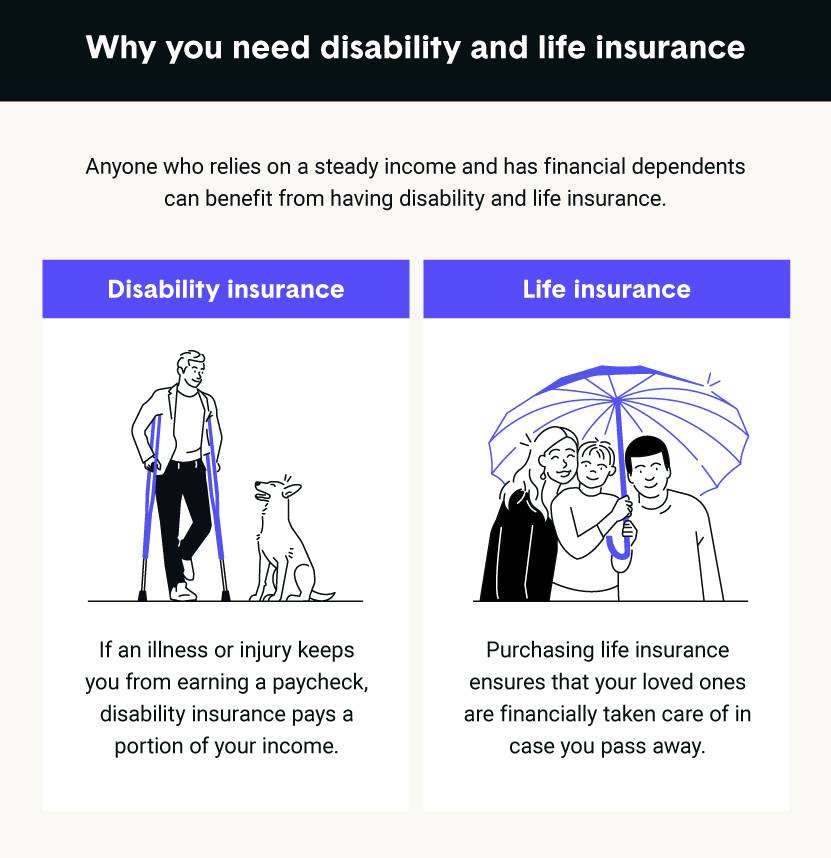For many adults, our ability to work and earn our livelihood is something we take for granted. Whether you work a typical 9 to 5 or own your own business, most of us assume that we’ll be able to bring home a paycheck until the day we’re ready to retire. But unexpected disabilities like injuries or illnesses can throw a wrench in those plans.
Currently, an estimated 1 billion people across the globe are living with a disability, and due to the rise in chronic health conditions and an aging population, this number is only expected to increase. The World Health Organization states that anyone is likely to experience some form of temporary or permanent disability in their lifetime, but many of us don’t have adequate protection for our income in the event it happens to us.
Much like life insurance provides a safety net for your loved ones after you pass, disability insurance offers financial protection for a lost paycheck while you’re unable to work. Specifically, disability insurance provides you with a percentage of your income if an illness or injury ever prevents you from working.
To learn more about what disability insurance is, keep reading this guide to find out how it works, what it covers and whether it’s worth it for you. If you’re currently living with a disability and preparing to apply for financial support, jump down to our printable checklists that will help you prepare for a disability insurance application and interview.
Table of contents
- Disability insurance definition
- How does disability insurance work?
- What does disability insurance cover?
- Types of disability insurance
- Disability application checklist
- Who needs disability insurance?
- When should you get disability insurance?
- How do you get disability insurance?
- Disability insurance vs. life insurance: Do you need both?
- Pros and cons of disability insurance
- Is disability insurance worth it?





